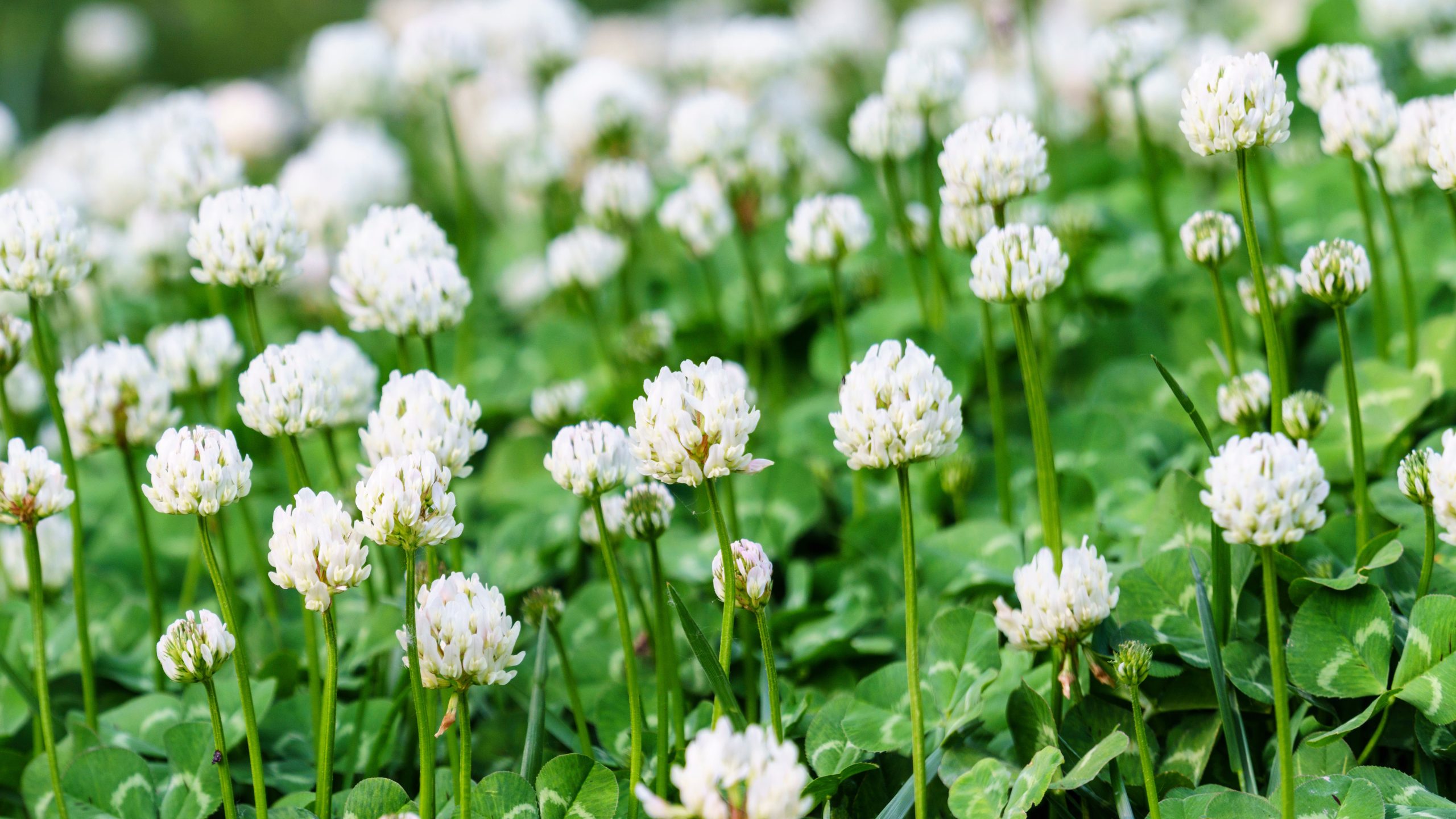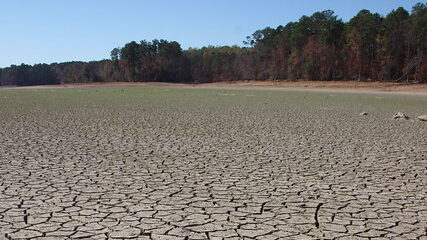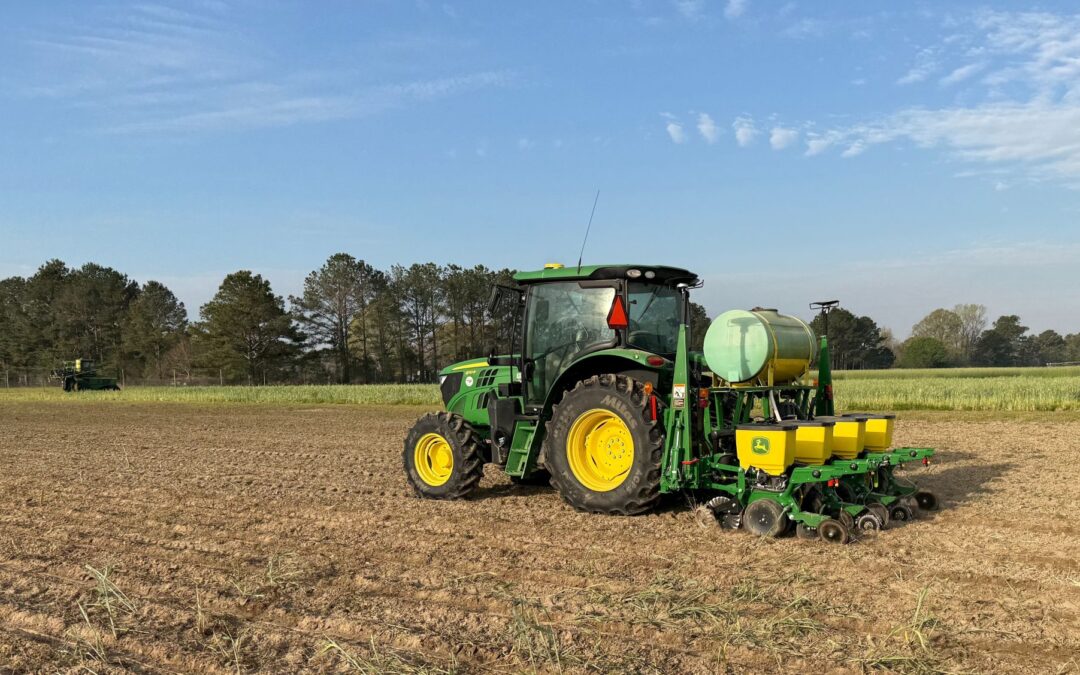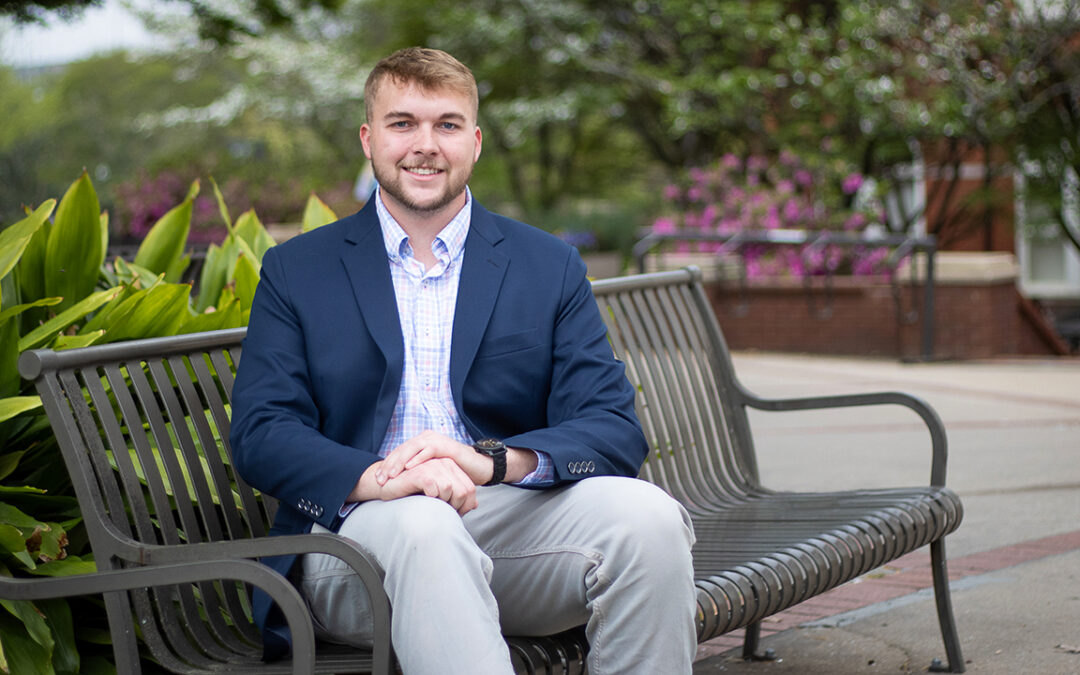A proposal from Auburn University is one of 19 selected for the 2023 Community Science Program call of the U.S. Department of Energy (DOE) Joint Genome Institute (JGI), a DOE Office of Science User Facility located at Lawrence Berkeley National Laboratory (Berkeley Lab).
Marnin Wolfe, an assistant professor in quantitative genetics in the Auburn University College of Agriculture’s Crop, Soil, and Environmental Sciences Department, is leading one of the selected proposals that aims to enhance the potential for sustainable, low-input biomass and bioenergy production.
“This award provides us a partnership with JGI experts, covering the sequencing costs — consumables and labor — plus the use of their computational resources to do some of the analytics,” Wolfe said. “The project should take about two to three years to complete.”
The adverse impacts of agriculture and climate change make sustainable and economical bioenergy and food production an urgent need, Wolfe said.
“In our project, we are developing genomic resources for clovers, genus Trifolium, one of the most important and broadly adapted legume genera,” he said. “Legumes offer a way to reduce fertilizer inputs because of their ability to biologically fix atmospheric nitrogen.”
By bringing clover genomics up-to-par with bioenergy grasses, Auburn researchers seek a route forward for breeders and geneticists to develop bioenergy intercrops that produce more with less environmental input and expense.
“Biomass production using grass monoculture is insufficient for the next generation of biofuels”, Wolfe said.
“Intercropping — growing two or more species in the same place and/or time — has many benefits including over-yielding, the ability to produce more biomass than monoculture, and improved resiliency to stress,” Wolfe said.
“Intercropping with nitrogen-fixing legumes has the added benefit of reducing fertilization needs,” he said. “Several studies show this is true for bioenergy production systems. Genomics-enabled breeding is needed to develop legume intercrops, compatible with bioenergy grasses and oilseeds.
Researchers will sequence new genomes, elucidate evolutionary relationships and enable genomics-enabled breeding for four main clover species: Crimson, Kura, Red and Subterranean.
“These species will see big advances as we develop pan-genomes for each, and many wild Trifolium spp. also will get sequenced,” Wolfe said.
The “Community Science Program” project is thanks to a globe-spanning team of researchers, including those at the University of Florida, Cornell University, USDA-ARS, The Land Institute, Hudson Alpha Institute, the Australian Pasture Gene Bank and the Margot Forde Forage Germplasm Centre in New Zealand.
The CSP Annual Call is focused on large-scale genomic science projects relevant to the DOE’s Office of Biological and Environmental Research missions in: sustainable biofuel and bioproducts production, global carbon and nutrient cycling, and biogeochemistry.
“We’re very excited to start working with this years’ crop of CSP recipients, over half of which are first-time PIs on a JGI proposal,” said Tanja Woyke, JGI’s deputy of user programs. “The proposed research by these PIs will address a broad diversity of important scientific questions relevant to the DOE mission, and we look forward to facilitating their success. “
This year’s annual CSP call had five areas of emphasis: genes to function; plant and algal functional genomics; inter-organismal interactions; understanding natural communities important for carbon storage, nutrient cycling, and climate change; and biofuels, biomaterials and bioproducts.





